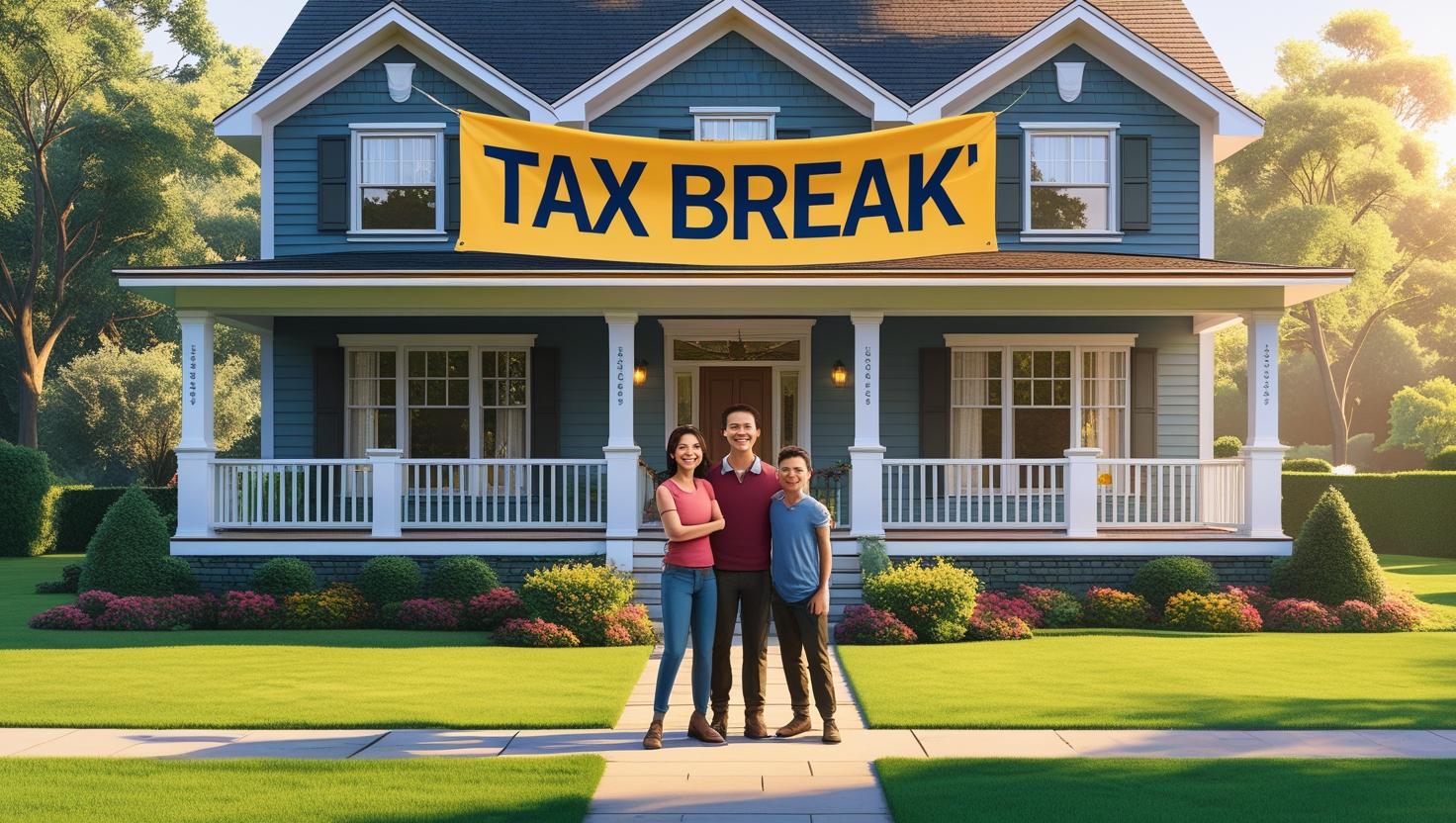
A groundbreaking bill in the U.S. House aims to wipe out capital gains tax on the sale of your primary home—no matter how big the profit. If passed, this could revolutionize the real estate market and change how Americans think about selling their homes forever. This has been going around news agencies for weeks and many YouTubers are reporting this.
Could Home Sales Soon Be Tax-Free? Here’s What You Need to Know
A new bill in the U.S. House of Representatives is stirring attention in the real estate and tax world. The proposal seeks to eliminate capital gains tax on the sale of a primary residence—regardless of the profit amount and potentially investment properties.
Current Rules on Home Sale Exemptions (IRC Section 121)
Under current law, if you sell your primary home at a profit, you may exclude up to:
- $250,000 of gain if you’re single
- $500,000 of gain if you’re married filing jointly
For example, if you and your spouse bought a home for $100,000 and later sold it for $600,000, your $500,000 gain would be fully tax-free. Any gain above these limits, however, is subject to capital gains tax.
What the New Bill Proposes
The bill would remove these caps entirely—meaning all gains on primary residence sales would be tax-free. Former President Trump has indicated he’s open to going even further by extending the tax break to all real estate sales, including:
- Rental properties
- Short-term rentals
- Multi-family units (duplexes, triplexes)
- Vacation homes
If implemented, this would mean selling a rental property could generate zero capital gains tax, no matter the profit.
The Potential Benefits and Concerns
Benefits:
- Could bring more homes to market quickly, potentially easing housing supply issues.
- Would be especially impactful for homeowners in high-value markets like California, New York, New Jersey, and Maryland.
Concerns:
- The federal government would see a significant drop in tax revenue from property sales.
- Reduced revenue could increase the national deficit.
- Most lower- to mid-value home sales already qualify for full exclusion under current limits, so the change might disproportionately benefit higher-value property owners and investors.
More Realistic Alternatives
While the idea of eliminating all capital gains tax on home sales is appealing to many, such a dramatic shift is unlikely due to its impact on federal revenue. A more feasible approach might include:
- Increasing Current Limits – Raising the exclusion to $500,000 for single filers and $1 million for married couples.
- Indexing for Inflation – The $250,000 / $500,000 caps haven’t changed in 28 years, despite rising home values. Adjusting them could better reflect today’s market.
- Targeted Relief for Seniors – Providing larger exemptions for older homeowners looking to downsize could improve housing supply without dramatically impacting revenue.
Bottom Line
While the bill to remove taxes on home sales is generating buzz, its chances of becoming law are slim. Still, it’s sparking an important conversation about modernizing outdated home sale tax exemptions to reflect today’s housing market. Homeowners—especially in high-value states—should watch developments closely.
